In the 1930s-40s, the American Medical Association and American Hospital Association opposed national health insurance and promoted nonprofit hospitals as an alternative, leading to the Hill-Burton Act in 1946 which provided funding for hospital construction.However, the Hill-Burton Act did not ensure affordable access to care. Nonprofit hospitals continued raising prices and pursuing unpaid bills aggressively while using PR campaigns to justify their actions.This pattern continued after the passage of Medicare/Medicaid in 1965. The IRS expanded nonprofit hospitals’ tax exemptions assuming wider coverage was coming, but major expansion did not occur until the ACA in 2010 which still did not adequately address charity care requirements.Today, many nonprofit hospitals continue aggressive collections from patients, including those unable to pay. Their executives receive lavish compensation. The article argues the nonprofit hospital system has failed to serve the public interest for over 50 years.——-Listen to our podcast: Wholewhale.com/PodcastOn Facebook: https://www.facebook.com/WholeWhaleTweet us: @WholeWhaleOur website: WholeWhale.com/
Non Profit Work
Texas Governor Greg Abbott’s office confirmed to ABC7 News that they did not bus 12 migrants to San Jose from El Paso last week.
Zechariah Cartledge started the Running 4 Heroes nonprofit. He runs a mile for fallen first responders across the country.
Mayor Jacob Frey has included $500,000 for Turning Point, a north Minneapolis nonprofit, in his 2024 budget proposal.
Indigenous peoples across the Pacific have a deep knowledge of the ocean and its ecosystems acquired from hundreds of generations of observation. Today, commercial farming, overfishing, resource extraction and global warming are destroying the ocean systems and exacerbating the climate crisis. In this panel, three leaders with intimate knowledge of the relationships between land and ocean will discuss how to restore balance to the Pacific and to the planet. Moderated byAlexis Bunten. With:Loa Niumeitolu;Kiana Frank;Andrea Kealoha.
The event will be Friday, October 27 from 6-9:30pm. There will be a butterfly release, silent auction and fire dancer performance.
After three years, repayment of student loans begins for thousands of loan borrowers.
Silver Key says they serve 600-800 meals a day to seniors in our area, a community that struggles to put food on the table.
A Charlotte-based nonprofit is offering simulations to help students get a grasp on their possible financial futures.
NYC Floods Underscore Lack of Climate Resilience In America’s Biggest CityFloods last week left New Yorkers bewildered, as typically dry streets became overrun with water as documented in videos and pictures. The floods, which particularly impact Brooklyn & Queens, renewed calls from New Yorkers to double down on climate resiliency in America’s most densely populated city. At one point on Friday, virtually *all* New York City subway lines were fully or partially suspended, grinding the city to a halt. Migrants who had exhausted their legal right to shelter were unceremoniously dumped into the rain before the city reversed course. As New Yorkers figured out how to get home, many wondered aloud how their city would work to build resilience as storms like this become the norm in the face of climate change. The city already began investing heavily after Hurricane Sandy decimated lower Manhattan, resulting in long-term efforts to reinforce the island’s lower shoreline and coastal resiliency. Read more about the multi-billion dollar efforts to make lower Manhattan, FiDi, South Street, The Battery, and other immediate neighborhoods more resilient..——-Listen to our podcast: Wholewhale.com/PodcastOn Facebook: https://www.facebook.com/WholeWhaleTweet us: @WholeWhaleOur website: WholeWhale.com/
The climate crisis, war, attacks on reproductive rights, book bansthese threats aren’t looming. They are here now. If you think Democracy Now!’s reporting on these issues is essential, please sign up for a monthly gift of $10 or more. Right now, a generous donor will TRIPLE your gift, making your donation 3x as valuable. We don’t have a paywall or run ads, which means were not brought to you by the oil, gas, coal, or nuclear companies when we cover the climate catastrophe or by the weapons manufacturers when we cover war. Democracy Now! is funded by you and thats why we need your help today. This is a challenging year for news organizations and nonprofits across the board, so please dont close this window before making your gift. We’re counting on you more than ever to sustain our reporting. Start your monthly donation of $10 or more right now and help Democracy Now! stay strong and independent all year round. Thank you so much. -Amy Goodman
The 2023 Jimmy & Rosalynn Carter Work Project will be hosted by Garth Brooks and Trisha Yearwood. The two discuss what the project means to them.



![“Reasonable volume” 2 Words That Ruined Nonprofit Hospitals [Video]](https://video.travel4meaning.com/wp-content/uploads/2023/10/mp_178216_0_0jpg.jpg)
![Texas Governor Greg Abbott’s office denies bussing 12 migrants to San Jose [Video]](https://video.travel4meaning.com/wp-content/uploads/2023/10/mp_178154_0_13864871100423kgosjchurchimgjpg-1200x675.jpg)
![Florida teenager to run mile for fallen Knox Co. deputy Tucker Blakely [Video]](https://video.travel4meaning.com/wp-content/uploads/2023/10/mp_178139_0_f7b020495b864a4394715f4a5ab02ac91140x641jpg.jpg)
![Minneapolis to invest in culturally specific recovery programming [Video]](https://video.travel4meaning.com/wp-content/uploads/2023/10/mp_178049_0_71aa82c746ed49fa982cf2f3b7b692121140x641jpg.jpg)
![Indigenous Forum Indigenous Science for Healing Land to Sea [Video]](https://video.travel4meaning.com/wp-content/uploads/2023/10/mp_178040_0_IndigenousScienceCard1024x576png.png)
![South TX Botanical Gardens celebrates ‘Moonlight in the Gardens’ [Video]](https://video.travel4meaning.com/wp-content/uploads/2023/10/mp_177973_0_c903865106cb4946aaa40b70c4f15abf1140x641jpg.jpg)
![Repayment of students loans begins after 3 year halt [Video]](https://video.travel4meaning.com/wp-content/uploads/2023/10/mp_177883_0_4915176201140x641png.png)
![Food insecurity on the rise among seniors [Video]](https://video.travel4meaning.com/wp-content/uploads/2023/10/mp_177829_0_90.jpg)
![Helping high schoolers with financial literacy [Video]](https://video.travel4meaning.com/wp-content/uploads/2023/10/mp_177801_0_a7c2b9a4da67400c97f7a05db071b1fc1140x641jpg.jpg)
![Climate Urgency Why Disaster Preparedness Matters More Than Ever [Video]](https://video.travel4meaning.com/wp-content/uploads/2023/10/mp_177750_0_0jpg.jpg)
![Daily Show for October 03, 2023 [Video]](https://video.travel4meaning.com/wp-content/uploads/2023/10/mp_177711_0_defaultcontentimage354f4555cc64afadc730d64243c658dd0af1f330152adcda6c4900cb4a26f082jpg.jpg)
![2023 Carter Work Project hosted by Garth Brooks, Trisha Yearwood [Video]](https://video.travel4meaning.com/wp-content/uploads/2023/10/mp_177705_0_MicrosoftTeamsimage21png.png)